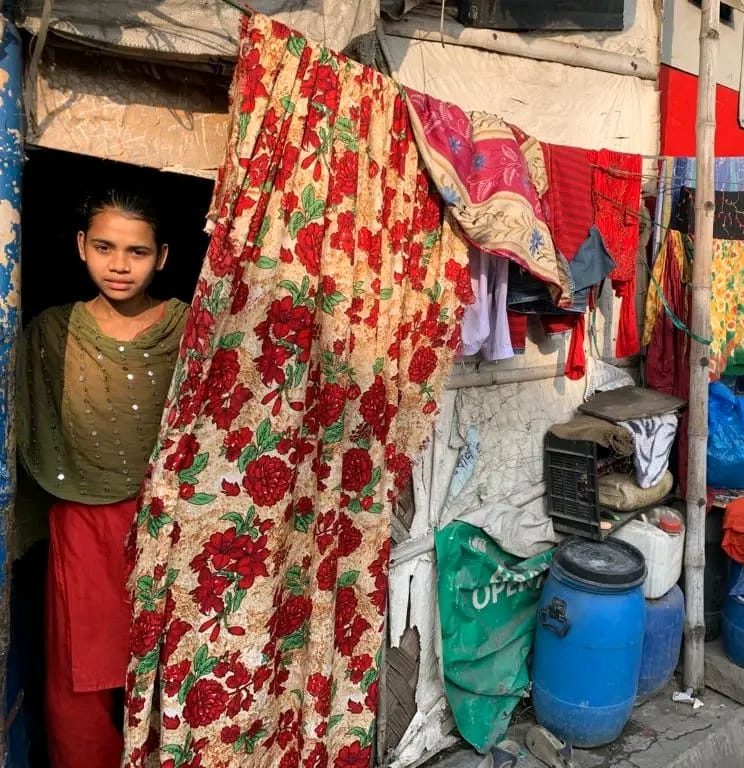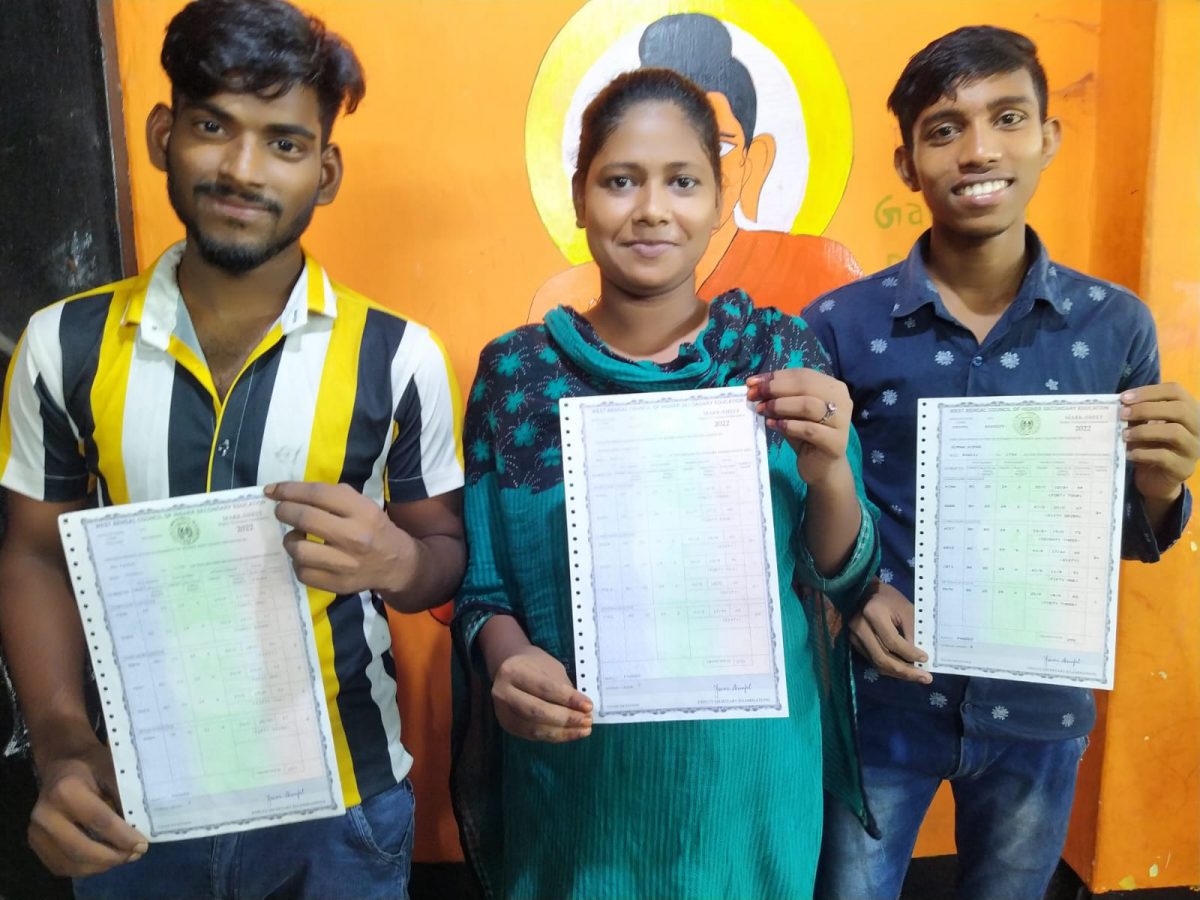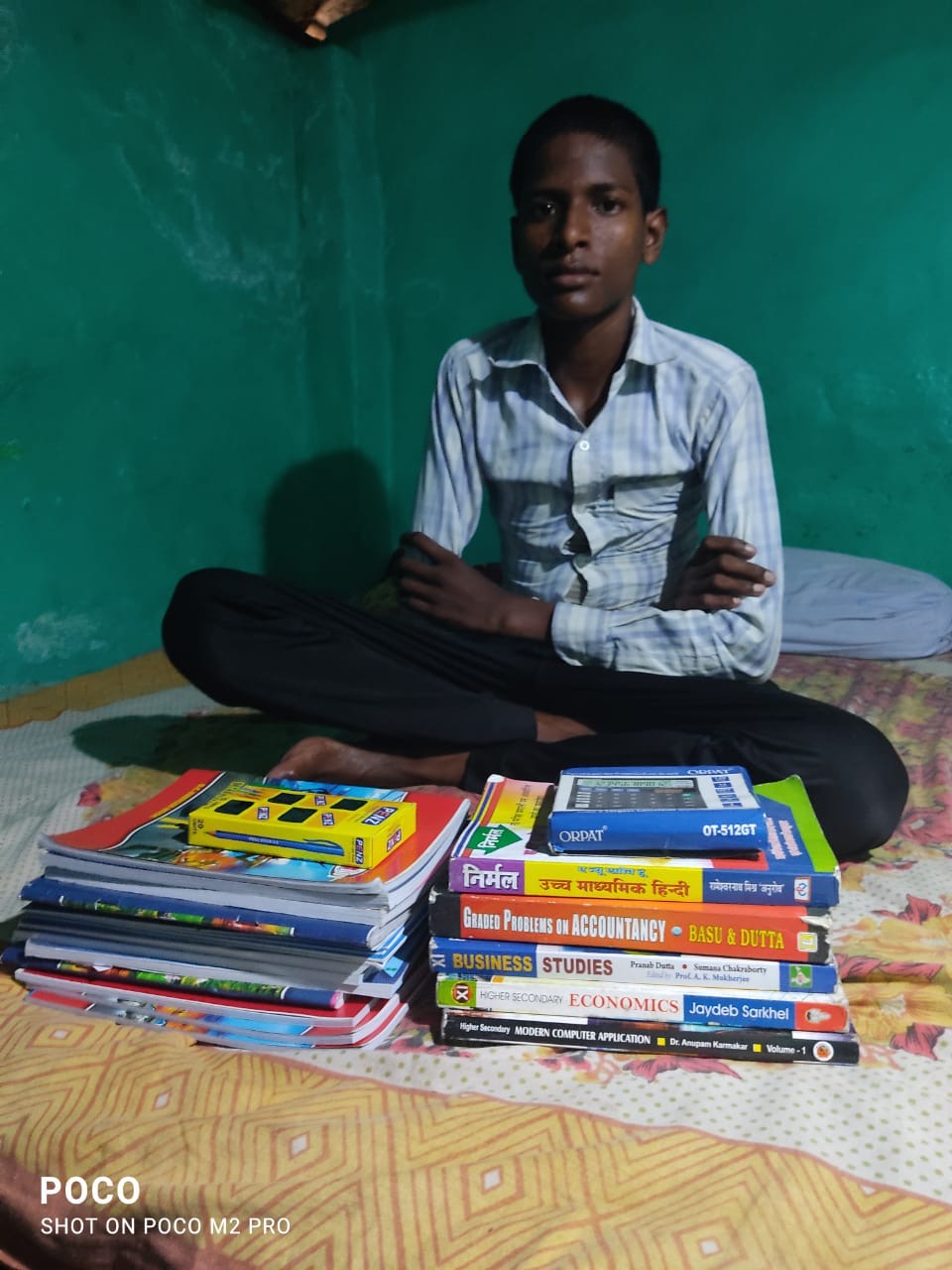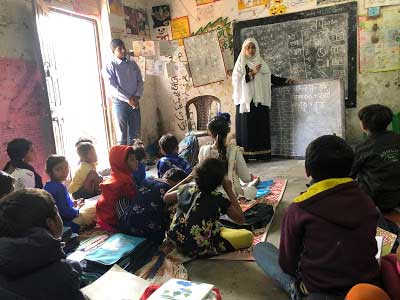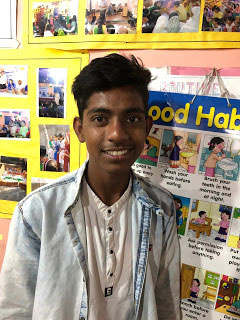Category: Education
-
Sakina needs help
Posted on
by
Sakina’s future hangs in the balance. I first met her in Kolkata in May 2022. Tiljala SHED staff brought her to my attention at a meeting of all the evening class students at the Mir Meher Ali Lane centre in Tangra. What […]
-
-
Bhola’s Story
Posted on
by
This is Bhola. He is 16 years old and lives in the Topsia canalside squatters, a row of shacks built on a spit of land in the middle of an open sewer in central Kolkata. There are two fresh water taps for […]
-
Visiting the Park Circus Children’s Club
Posted on
by
I don’t know where to begin. I have been visiting Tiljala SHED for 5 years and thought I couldn’t be surprised by anything. Yesterday I was invited to attend school. Local children from the Park Circus Railway Squatters (mostly the children of […]
-
My Experience of Kolkata’s Rag Picker Communities and Tiljala SHED’s Amazing Work there
Posted on
by
I visit Kolkata and Tiljala SHED two or three times a year. I love to catch up with old friends and spend time exploring my favourite city. But most of all I love to be part of the great work Tiljala SHED is doing […]
-
The importance of a good education
Posted on
by
Education is one of the most effective agents of change in society. When a child is able to go to school today, he or she sets off a cycle of positive change. But, thousands of children in India lack access to education […]
